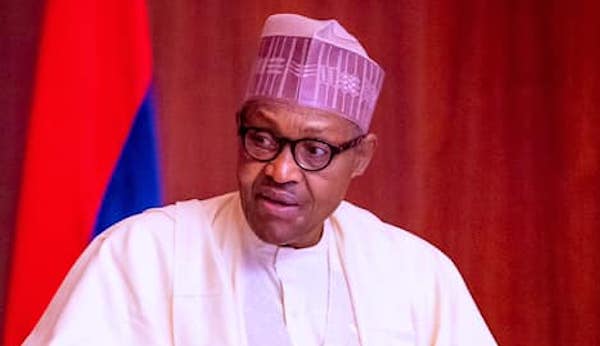Business
Nigeria’s excess crude account is at all time low. Why we should all be worried

On Thursday, The Minister of Finance, Budget and National Planning, Mrs. Zainab Ahmed, disclosed that the nation’s excess crude account (ECA) balance as at March 16, 2021, stood at $72,412,384.88.
What this means, is that between April 2016 and March 2021, Nigeria has withdrawn over N2.18 billion from the excess crude account.
The country went from having a balance of $2.26 billion to $72 million, a drawdown of about 96 percent meaning the economy is now more vulnerable to shocks.
Nigeria in the fourth quarter of 2020 managed to exit recession, after two consecutive quarters of decline following a Covid-19 outbreak.
2020 recession was the second within four years, the first was largely due to a drop in oil demand.
The Excess Crude Account (ECA) was established in 2004 as a natural resource development fund to serve as a sort of buffer during crises.
At the time it was established, ECA grew from $5.1 billion in 2005 to over $20 billion by 2008, accounting for more than one-third of Nigeria’s external reserves at the time, before dropping nearly in 2009 to a paltry $2billion.
Ever since, ECA has hovered around $2 billion before closing in December of 2018 at $631 million.
Read also: Excess Crude Account falls by 78%, an equivalent of $252m, in 8 months
The free fall has continued ever since. As at October 2019, ECA stood at $324 million. Few months later, as at March 2, ECA fell to $71.8 million. A figure it is has continued to hover around.
Already plans are ongoing to further dip into the development fund to help fight insecurity.
This is acording to Kayode Fayemi, chairman of the Nigeria Governors’ Forum and Ekiti State governor, who announced the decisions reached by the governors after an emergency meeting.
He said, “we have reached an agreement to dedicate portions of the Excess Crude Account and the Natural Resource Development Fund and the Economic Stabilization Fund to providing the necessary equipment for the military and other security institutions to address immediately the impunity associated with all of the crimes and criminality that we have highlighted in this briefing.”
While this could be seen as a welcome development, given the level of insecurity in the country, it leaves many unanswered questions.
What are the plans to replenish the withdrawals? What happens if the global economy cannot recover on-time?
As at Friday, oil price traded at $64.53 per barrel after slumping by 6.21 percent to $63.78 on Thursday Night.
The outlook of a benchmark of $58 per barrel in 2021 is also very good for a budget benchmark of $40 per barrel.
However,with the rising debt repayment, subsidy and various interventions to keep Naira from falling, there might be more withdrawals from ECA in the coming months.
By David Ibemere…
Join the conversation
Support Ripples Nigeria, hold up solutions journalism
Balanced, fearless journalism driven by data comes at huge financial costs.
As a media platform, we hold leadership accountable and will not trade the right to press freedom and free speech for a piece of cake.
If you like what we do, and are ready to uphold solutions journalism, kindly donate to the Ripples Nigeria cause.
Your support would help to ensure that citizens and institutions continue to have free access to credible and reliable information for societal development.




















